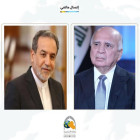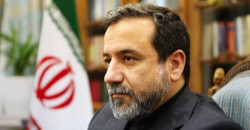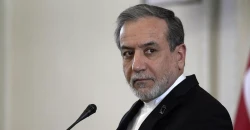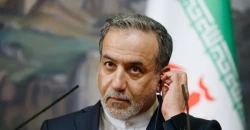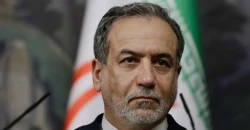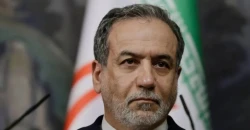Iranian FM: Military deterrence gave Tehran leverage in nuclear talks
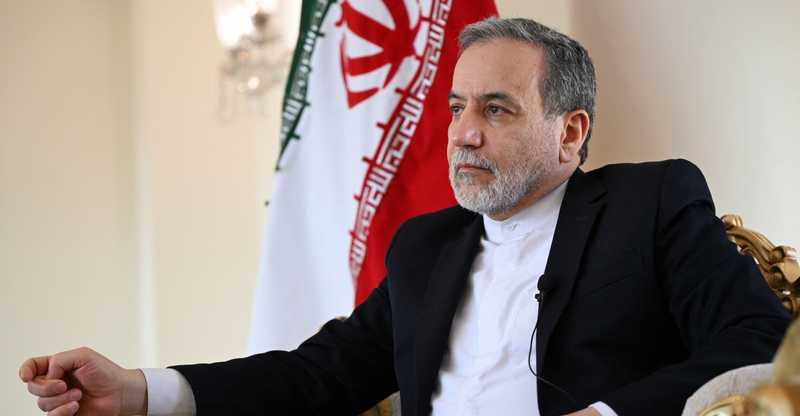
Shafaq News/ On Thursday, Iranian Foreign Minister Abbas Araghchi noted that sanctions alone have failed to force Tehran into concessions.
Araghchi told reporters that missile and defense capabilities give Iranian negotiators leverage, “as they deter the other side from considering any military misadventure.”
“If the Americans were capable of breaking Iran through sanctions, they would have continued to do so and never resorted to negotiations,” he said, pointing out that while sanctions have strained the Iranian people, “they have not broken them.”
Responding to inconsistencies in Washington’s messaging, Araghchi noted that Iranian negotiators had observed contradictory signals from the United States. He questioned whether this reflected internal disarray in Washington or a deliberate negotiation tactic.
He also affirmed that Iran’s negotiation strategy is grounded in firmness and consistency. Among those principles is the defense of Iran’s right to nuclear energy—including uranium enrichment—which remains non-negotiable.
The Iranian FM revealed that the ultimate objective of the negotiations is not only to secure nuclear rights but also to lift sanctions. Tehran has no objection to the presence of American companies in sectors such as oil, gas, and automotive manufacturing, and the restrictions stem from US policy, not Iranian resistance, he stressed.
The Trump administration presented Iran with a formal proposal for a new nuclear agreement during the fourth round of negotiations held on May 11 in Oman, Axios reported citing US sources. It was the first written offer conveyed by White House envoy Steve Witkoff since discussions began on April 12.
Iran’s FM took the US proposal back to Tehran for consultations with Supreme Leader Ali Khamenei, President Masoud Pezeshkian, and other top officials. The American proposal reportedly outlines parameters for a civilian nuclear program and includes detailed requirements for monitoring and verification.
The move followed earlier Iranian submissions: during the first round, Araghchi presented initial proposals that Witkoff declined to engage with, saying the timing wasn’t right. However, in the third round, Witkoff accepted an updated Iranian document, prompting both sides to exchange follow-up questions. A fifth round of negotiations has not yet been scheduled.
Meanwhile, European diplomats from the UK, France, and Germany are expected to meet Iranian counterparts in Istanbul on Friday. These European countries “decided to trigger [snapback] sanctions under the 2015 nuclear deal if no new deal is reached by August,” Axios quoted European diplomats.
